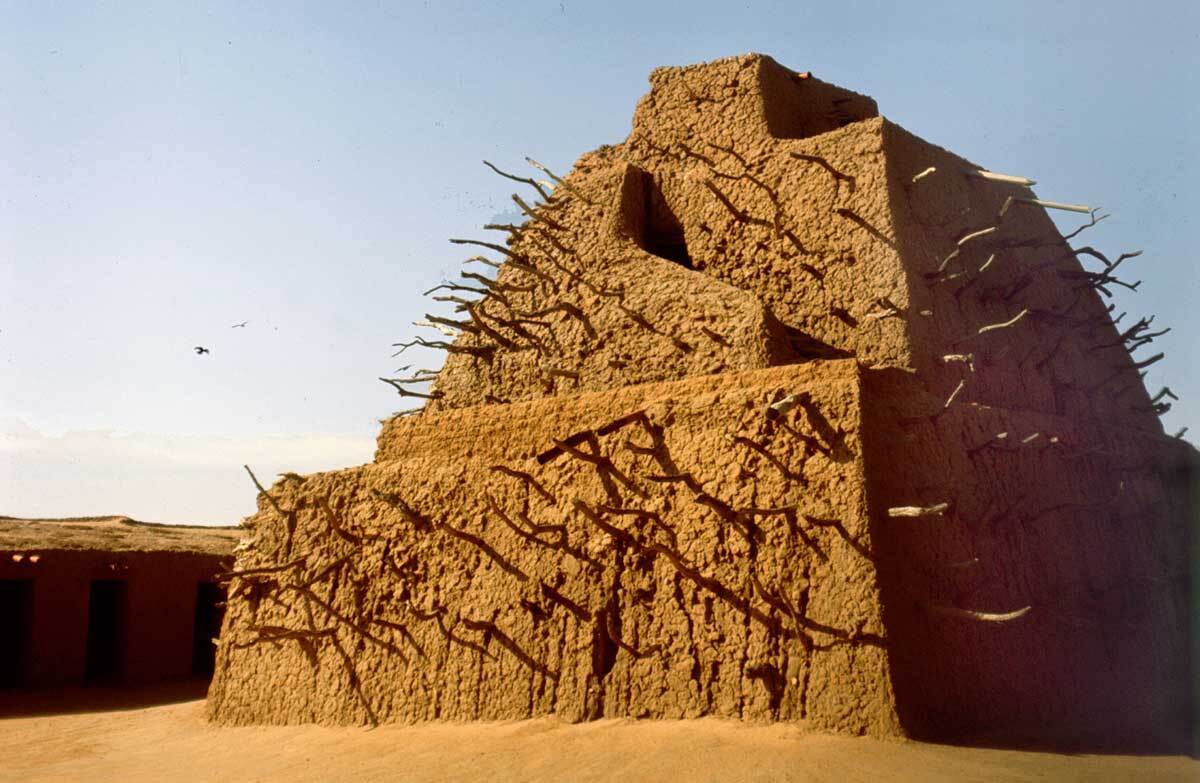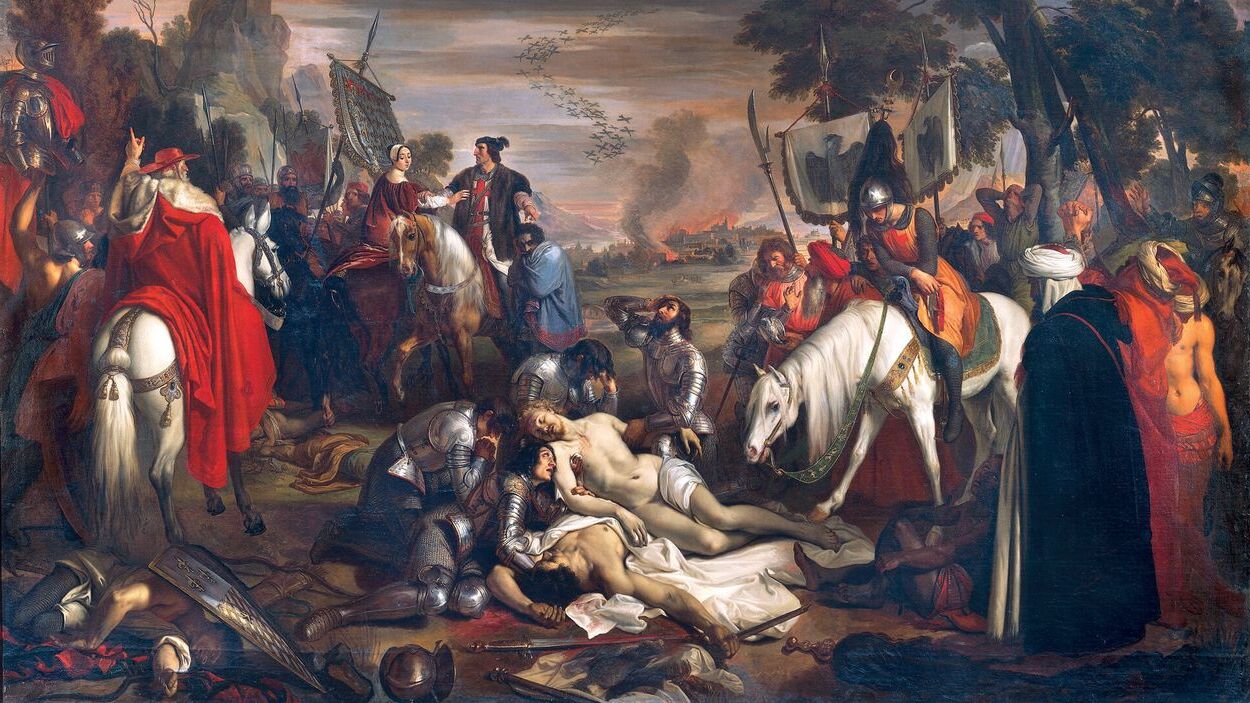
What were the great empires of Africa? Africa's history is rich with powerful empires that shaped the continent and influenced the world. From the wealth of Mali to the military might of the Zulu, these empires left lasting legacies. The Mali Empire, for instance, was renowned for its immense wealth and the legendary Mansa Musa. The Songhai Empire followed, becoming one of the largest Islamic empires in history. Great Zimbabwe stood out with its impressive stone structures, while the Kingdom of Kush rivaled ancient Egypt in power and culture. The Ashanti Empire in West Africa was known for its gold and strong military. These empires, among others, showcase Africa's diverse and influential past.
Key Takeaways:
- Ancient African empires like Egypt, Mali, and Great Zimbabwe were wealthy, powerful, and made significant cultural contributions that continue to influence modern Africa and the world.
- Trade, military strength, and cultural achievements were key factors in the rise and decline of African empires, leaving a lasting legacy on the continent and beyond.
Ancient African Empires
Africa's history is rich with powerful empires that shaped the continent and influenced the world. These empires were known for their wealth, culture, and innovations.
- The Egyptian Empire is one of the oldest and most famous empires in Africa, known for its pyramids and pharaohs.
- The Kingdom of Kush was located to the south of Egypt and often rivaled its northern neighbor in power and influence.
- The Carthaginian Empire was a major power in the Mediterranean, known for its conflicts with Rome, including the famous Punic Wars.
- The Aksumite Empire in present-day Ethiopia was a major trading empire, known for its monumental obelisks and early adoption of Christianity.
- The Ghana Empire was one of the first great trading empires in West Africa, known for its wealth in gold.
Wealth and Trade
Trade was a significant factor in the prosperity of African empires. They traded gold, salt, ivory, and other valuable goods with distant lands.
- The Mali Empire was incredibly wealthy, with its capital, Timbuktu, becoming a major center for trade and learning.
- Mansa Musa, the ruler of Mali, is often considered the richest person in history due to the empire's vast gold resources.
- The Songhai Empire succeeded Mali and continued to control and expand the trans-Saharan trade routes.
- The Great Zimbabwe was a powerful trading empire in Southern Africa, known for its impressive stone structures.
- The Swahili Coast was a hub for trade between Africa, the Middle East, and Asia, with cities like Kilwa and Mombasa thriving as trade centers.
Cultural Achievements
African empires were not just about wealth and power; they also made significant cultural contributions that have left a lasting legacy.
- The Benin Empire was renowned for its art, particularly its bronze sculptures and plaques.
- The Nok Culture in present-day Nigeria is known for its terracotta sculptures, some of the oldest in Africa.
- The Yoruba Kingdoms produced intricate bronze and ivory artwork, particularly in the city of Ife.
- The Ethiopian Orthodox Church has a rich tradition of religious art and architecture, including the rock-hewn churches of Lalibela.
- The Great Mosque of Djenné in Mali is one of the most famous examples of Sudano-Sahelian architecture.
Military Prowess
Many African empires were also known for their military strength and strategic prowess, which allowed them to expand and defend their territories.
- The Zulu Kingdom under Shaka Zulu was known for its highly disciplined and effective military strategies.
- The Kingdom of Dahomey had a formidable army, including the famous all-female regiment known as the Dahomey Amazons.
- The Ashanti Empire in present-day Ghana was known for its powerful military and resistance against British colonization.
- The Kanem-Bornu Empire had a strong cavalry force that helped it dominate the central Sahel region.
- The Kingdom of Kongo had a well-organized military that played a crucial role in its expansion and defense.
Innovations and Contributions
African empires contributed significantly to various fields, including science, technology, and governance.
- The Library of Alexandria in Egypt was one of the most significant libraries of the ancient world, housing countless scrolls and texts.
- The University of Timbuktu was a major center of learning, attracting scholars from across the Islamic world.
- The Great Enclosure of Great Zimbabwe is an architectural marvel, showcasing advanced construction techniques.
- The Ethiopian Empire developed a unique script, Ge'ez, which is still used in the Ethiopian Orthodox Church.
- The Kingdom of Mapungubwe in Southern Africa was an early example of complex social organization and urban planning.
Decline and Legacy
Despite their power and influence, many African empires eventually declined due to various factors, including internal strife and external pressures.
- The Egyptian Empire fell to the Persians, Greeks, and eventually the Romans, but its cultural legacy endures.
- The Mali Empire declined due to internal conflicts and the rise of the Songhai Empire.
- The Songhai Empire was eventually defeated by Moroccan forces armed with firearms.
- The Great Zimbabwe was abandoned for reasons still debated by historians, possibly due to environmental factors.
- The Benin Empire was eventually conquered by the British, but its art and culture continue to be celebrated.
Modern Influence
The legacies of these empires continue to influence modern African nations and the world.
- The Ethiopian Empire successfully resisted colonization and remains a symbol of African independence.
- The Zulu Kingdom's history and culture are celebrated in South Africa today.
- The Ghana Empire's legacy is reflected in the modern nation of Ghana, which takes its name from the ancient empire.
Final Glimpse at African Empires
African empires have left an indelible mark on history. From the wealth of Mali to the architectural wonders of Great Zimbabwe, these civilizations were powerhouses of culture, trade, and innovation. They thrived through complex social structures, advanced technologies, and rich traditions. Their legacies continue to influence modern societies, reminding us of Africa's pivotal role in shaping the world.
Understanding these empires helps us appreciate the continent's diverse heritage. It also challenges outdated narratives, highlighting Africa's contributions to global progress. By learning about these empires, we gain a deeper respect for the continent's past and its ongoing impact.
So next time you think about history, remember the grandeur of African empires. Their stories are not just tales of the past but lessons for the future. Dive into their histories, and you'll find a treasure trove of knowledge waiting to be explored.
Frequently Asked Questions
Was this page helpful?
Our commitment to delivering trustworthy and engaging content is at the heart of what we do. Each fact on our site is contributed by real users like you, bringing a wealth of diverse insights and information. To ensure the highest standards of accuracy and reliability, our dedicated editors meticulously review each submission. This process guarantees that the facts we share are not only fascinating but also credible. Trust in our commitment to quality and authenticity as you explore and learn with us.


